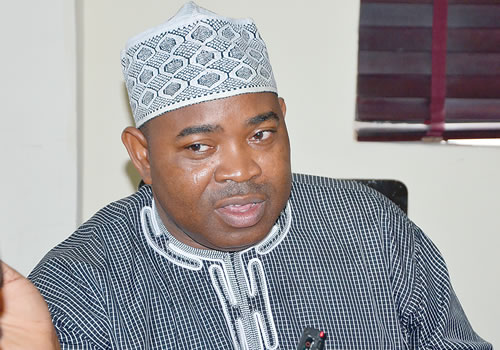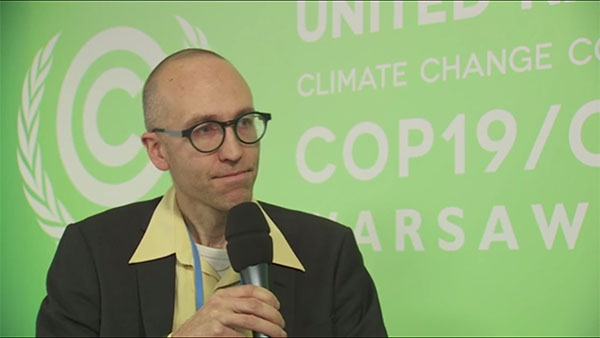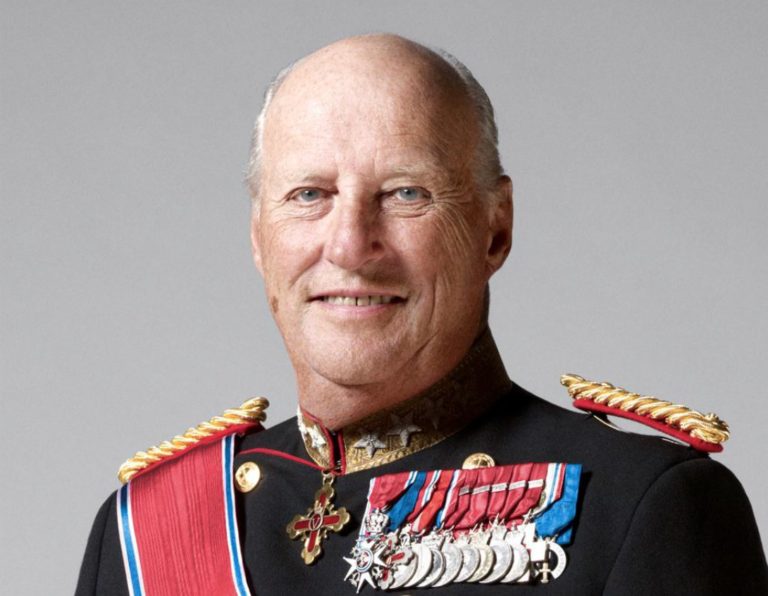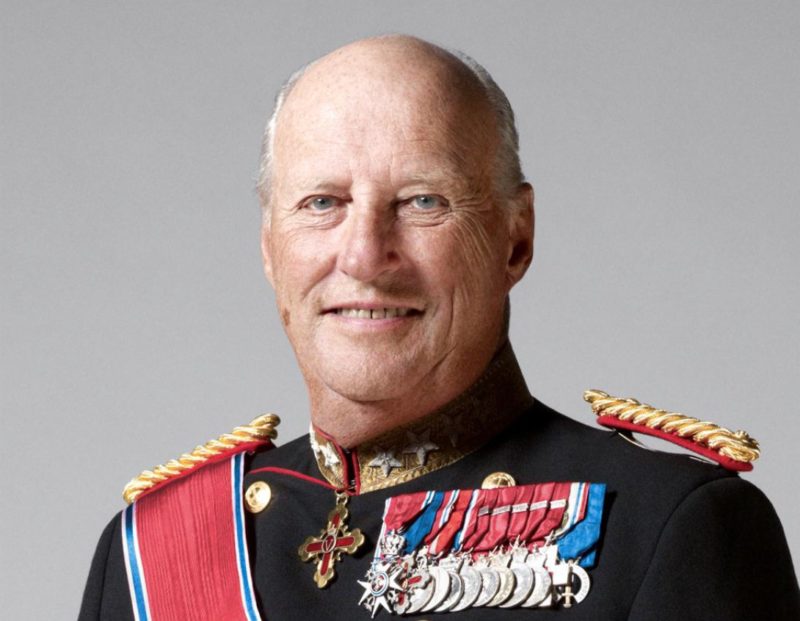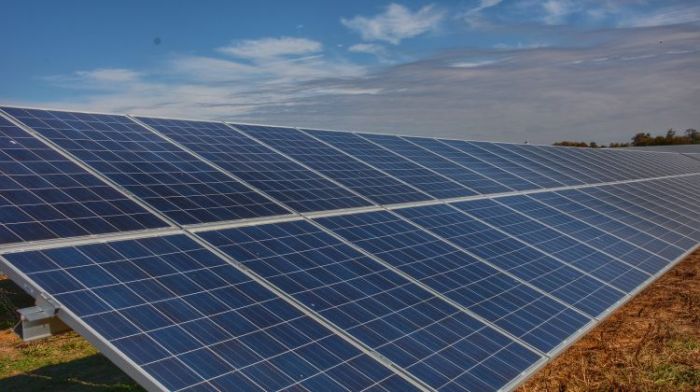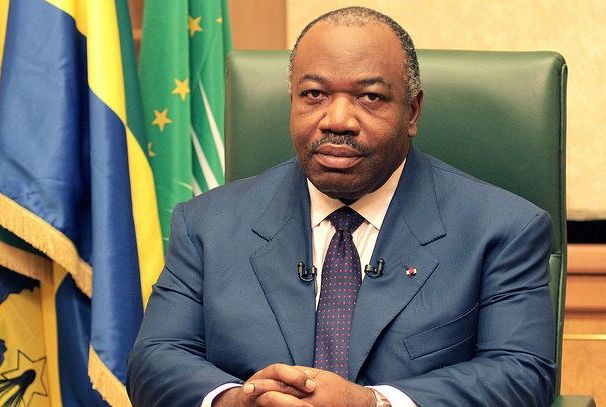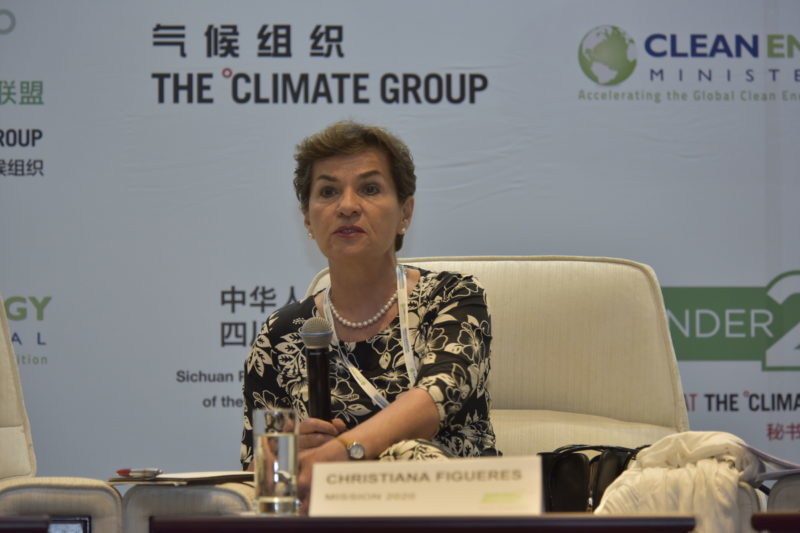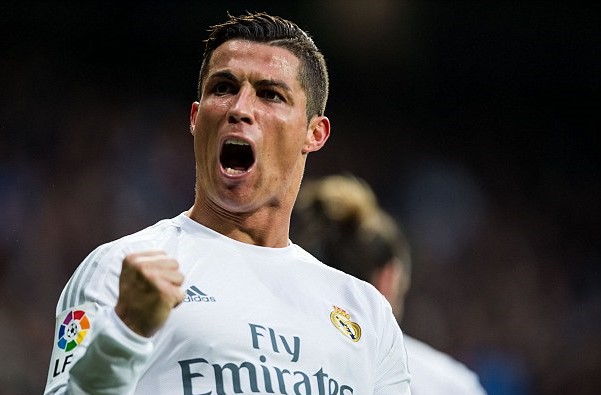New advice on which antibiotics to use for common infections and which to preserve for the most serious circumstances is among the additions to the “WHO Model list of essential medicines” for 2017, according to the World Health Organisation (WHO). Other additions, it says, include medicines for HIV, hepatitis C, tuberculosis and leukaemia.
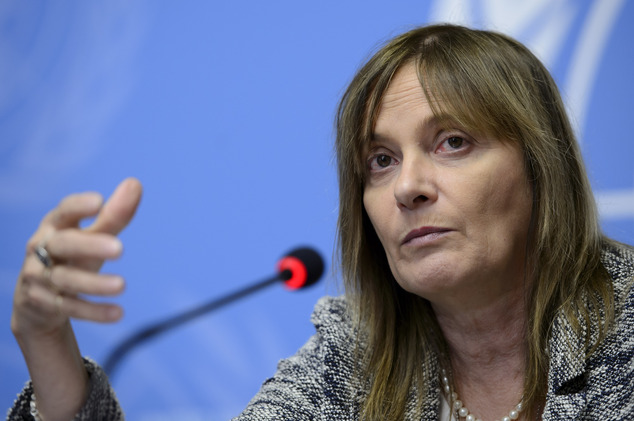
The updated list adds 30 medicines for adults and 25 for children, and specifies new uses for nine already-listed products, bringing the total to 433 drugs deemed essential for addressing the most important public health needs. The WHO Essential Medicines List (EML) is used by many countries to increase access to medicines and guide decisions about which products they ensure are available for their populations.
“Safe and effective medicines are an essential part of any health system,” said Dr Marie-Paule Kieny, WHO Assistant Director-General for Health Systems and Innovation. “Making sure all people can access the medicines they need, when and where they need them, is vital to countries’ progress towards universal health coverage.”
New advice: Three categories of antibiotic
In the biggest revision of the antibiotics section in the EML’s 40-year history, WHO experts have grouped antibiotics into three categories – ACCESS, WATCH and RESERVE – with recommendations on when each category should be used. Initially, the new categories apply only to antibiotics used to treat 21 of the most common general infections. If shown to be useful, it could be broadened in future versions of the EML to apply to drugs to treat other infections.
The change aims to ensure that antibiotics are available when needed, and that the right antibiotics are prescribed for the right infections. It should enhance treatment outcomes, reduce the development of drug-resistant bacteria, and preserve the effectiveness of “last resort” antibiotics that are needed when all others fail. These changes support WHO’s “Global action plan on antimicrobial resistance”, which aims to fight the development of drug resistance by ensuring the best use of antibiotics.
WHO recommends that antibiotics in the ACCESS group be available at all times as treatments for a wide range of common infections. For example, it includes amoxicillin, a widely-used antibiotic to treat infections such as pneumonia.
The WATCH group includes antibiotics that are recommended as first- or second-choice treatments for a small number of infections. For example, the use of ciprofloxacin, used to treat cystitis (a type of urinary tract infection) and upper respiratory tract infections (such as bacterial sinusitis and bacterial bronchitis), should be dramatically reduced to avoid further development of resistance.
The third group, RESERVE, includes antibiotics such as colistin and some cephalosporins that should be considered last-resort options, and used only in the most severe circumstances when all other alternatives have failed, such as for life-threatening infections due to multidrug-resistant bacteria.
WHO experts have added 10 antibiotics to the list for adults and 12 for children.
“The rise in antibiotic resistance stems from how we are using – and misusing – these medicines,” said Dr Suzanne Hill, Director of Essential Medicines and Health Products. “The new WHO list should help health system planners and prescribers ensure people who need antibiotics have access to them, and ensure they get the right one, so that the problem of resistance doesn’t get worse.”
Other additions
The updated EML also includes several new drugs, such as two oral cancer treatments, a new pill for hepatitis C that combines two medicines, a more effective treatment for HIV as well as an older drug that can be taken to prevent HIV infection in people at high risk, new paediatric formulations of medicines for tuberculosis, and pain relievers. These medicines are:
- two oral cancer medicines (dasatinib and nilotinib) for the treatment of chronic myeloid leukaemia that has become resistant to standard treatment. In clinical trials, one in two patients taking these medicines achieved a complete and durable remission from the disease;
- sofosbuvir + velpatasvir as the first combination therapy to treat all six types of hepatitis C (WHO is currently updating its treatment recommendations for hepatitis C);
- dolutegravir for treatment of HIV infection, in response to the most recent evidence showing the medicine’s safety, efficacy, and high barrier to resistance;
- pre-exposure prophylaxis (PrEP) with tenofovir alone, or in combination with emtricitabine or lamivudine, to prevent HIV infection;
- delamanid for the treatment of children and adolescents with multidrug-resistant tuberculosis (MDR-TB) and clofazimine for children and adults with MDR-TB;
- child-friendly fixed-dose combination formulations of isoniazid, rifampicin, ethambutol and pyrazinamide for treating paediatric tuberculosis; and
- fentanyl skin patches and methadone for pain relief in cancer patients with the aim of increasing access to medicines for end-of-life care.
The “WHO Model list of essential medicines” was launched in 1977, coinciding with the endorsement by governments at the World Health Assembly of “Health for all” as the guiding principle for WHO and countries’ health policies.


